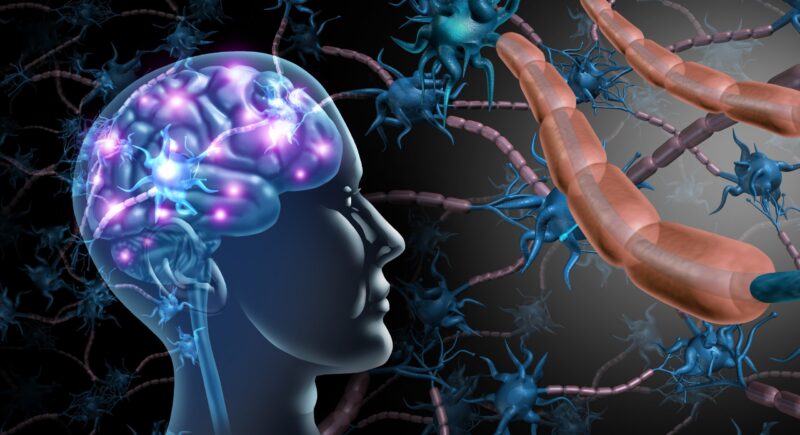New Delhi, 11 December 2024: New research has revealed that just 30 minutes of exercise a day can have a profound impact on memory and cognitive performance. The study, conducted by a team of neuroscientists, demonstrates how even short bursts of physical activity can significantly boost brain function, suggesting that regular exercise could play a critical role in improving mental clarity, focus, and overall brain health.
The recent study, published in a leading medical journal, explored the effects of moderate-intensity exercise on cognitive abilities, specifically memory and attention. Researchers involved in the study found that participants who engaged in 30 minutes of physical activity, such as brisk walking or cycling, showed notable improvements in memory recall and cognitive flexibility.
According to the researchers, the exercise prompted changes in the brain’s structure and function. Physical activity increased blood flow to the brain, which in turn enhanced the delivery of oxygen and nutrients essential for cognitive performance. This process was particularly noticeable in regions of the brain associated with memory, learning, and problem-solving.
How Exercise Benefits Brain Function
Exercise has long been known to benefit physical health, but the new research sheds light on how it also positively impacts cognitive function. Regular physical activity stimulates the production of brain-derived neurotrophic factor (BDNF), a protein that supports the growth and survival of brain cells. BDNF is crucial for neuroplasticity, which is the brain’s ability to form new neural connections and adapt to new information.
In this study, participants who exercised for 30 minutes a day showed an increase in BDNF levels, leading to improved memory retention and quicker information processing. The researchers noted that even individuals who were not previously active experienced these cognitive benefits, highlighting the importance of incorporating exercise into daily routines.
The Role of Exercise in Memory Enhancement
One of the key findings of the study was the significant improvement in memory recall among participants who exercised regularly. Researchers observed that individuals who exercised for 30 minutes were able to remember words, images, and complex patterns more effectively than those who remained sedentary. This enhanced memory function is linked to the increased neural activity and connectivity in areas of the brain related to memory, such as the hippocampus.
The hippocampus plays a critical role in encoding new memories, and the researchers suggest that regular exercise helps this region function more efficiently. Exercise not only improves memory recall in the short term but may also protect the brain from age-related memory decline, making it a key strategy for preventing conditions like Alzheimer’s disease.
Exercise and Cognitive Performance: A Powerful Connection
Beyond memory enhancement, the study also found that 30 minutes of exercise led to significant improvements in cognitive performance, such as better problem-solving skills, faster decision-making, and improved attention span. These benefits were observed even in tasks that required complex thinking and concentration.
The researchers emphasize that the cognitive boost from exercise is not limited to high-intensity workouts. Moderate-intensity activities, such as walking, light jogging, or cycling, were found to be equally effective in improving cognitive performance. This means that even individuals who may not be able to engage in vigorous physical activity can still experience mental benefits from daily exercise.
Mental Health Benefits and Stress Reduction
In addition to cognitive improvements, exercise is well-known for its positive impact on mental health. The study found that 30 minutes of physical activity also led to a reduction in stress levels, anxiety, and depression symptoms. Regular exercise helps release endorphins, which are natural mood enhancers, promoting a sense of well-being and relaxation.
The mental health benefits of exercise can also indirectly support cognitive performance. Reduced stress and anxiety improve focus and concentration, enabling individuals to perform better in tasks requiring cognitive effort.
The latest research confirms that 30 minutes of exercise can have a profound effect on memory, cognitive performance, and overall brain health. These findings provide further evidence of the critical connection between physical activity and brain function. Incorporating just half an hour of exercise into your daily routine can improve mental clarity, memory retention, and problem-solving skills, all while enhancing overall well-being.
Whether it’s a brisk walk, a short cycling session, or a light jog, the key is consistency. Making exercise a part of your daily life can not only improve physical health but also keep your brain sharp, ensuring long-term cognitive vitality.











